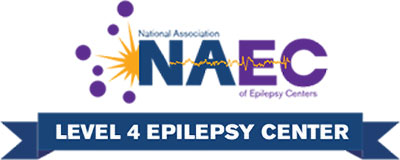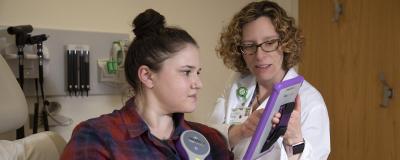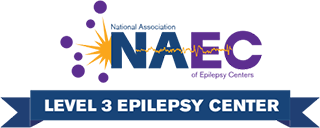Advanced Treatment Options and Therapeutic Approaches
Modern epilepsy treatment has evolved significantly, offering patients a wide range of therapeutic options beyond traditional medications. Anti-seizure medications remain the first-line treatment for most patients, with newer drugs providing improved efficacy and fewer side effects. However, when medications prove insufficient, advanced treatment modalities become essential.
Surgical interventions, including resective surgery, laser ablation, and responsive neurostimulation, offer hope for patients with drug-resistant epilepsy. These procedures require careful evaluation at specialized epilepsy centers equipped with advanced monitoring capabilities and multidisciplinary teams. Additionally, dietary therapies such as the ketogenic diet and modified Atkins diet have shown remarkable success in certain patient populations, particularly children with specific epilepsy syndromes.
Emerging treatments including cannabidiol (CBD) therapy, deep brain stimulation, and gene therapy represent the cutting edge of epilepsy care. These innovative approaches are transforming outcomes for patients who previously had limited treatment options, highlighting the importance of seeking care at comprehensive epilepsy centers that stay current with the latest therapeutic advances.




